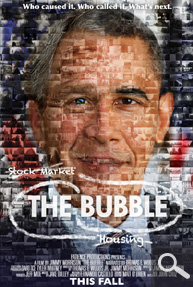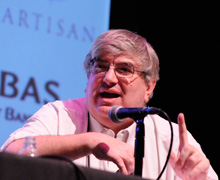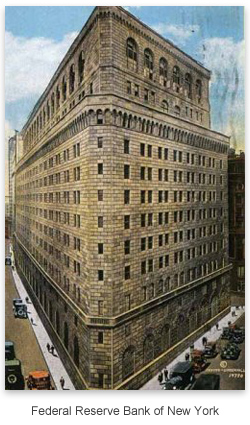Viewing
Bubble Film (Documentary Trailer):
The characters in the documentary: Jim Grant, Jim Rogers, and many more… http://thebubblefilm.com/downloads/presskit.pdf
More here: http://www.tomwoods.com/
Who killed Kennedy?
I am not a conspiracy theorist (because the govt. is not competent to pull it off, but this is interesting.
http://www.economicpolicyjournal.com/2012/07/on-robert-wenzel-show-who-killed-jfk.html
Investing Students
Good articles here for students: http://www.oldschoolvalue.com/
Model of valuing stocks the Buffett way: http://www.aaii.com/computerized-investing/article/valuing-stocks-the-warren-buffett-way
How Morningstar measures moats http://news.morningstar.com/articlenet/article.aspx?id=91441&
One hundred things I have learned while investing (good read): http://www.fool.com/investing/general/2012/06/29/the-100-things-ive-learned-in-investing.aspx
SEARCHING
An investment search process: http://www.jonesvillalta.com/process.php#anchor4
Valuation Models:Copy of Villalta_WebTool_APV and Copy of Villalta_WebTool_FCFE (see if these make sense to you or ignore)
Screening
http://blog.iii.co.uk/introducing-the-human-screen/
Investing and Lessons Learned
Investing articles: http://www.gannonandhoangoninvesting.com/
Videos
Analysts presenting to HF managers:
Watch MBAs present their value investing ideas to Pershing Square’s Bill Ackman at Columbia GBS: several videos links–just scroll down http://www7.gsb.columbia.edu/valueinvesting/events/pershing
More recordings/videos: Investment Lectures: (2012)http://www7.gsb.columbia.edu/valueinvesting/coursesfaculty/recordings
And even more…… http://www.bengrahaminvesting.ca/Resources/videos.htm
Shale oil
 After decades of rising prices, hostile foreign suppliers and warnings that Americans will have to bicycle to work, the world faces the possibility of vast amounts of cheap, plentiful fuel. And the source for much of this new supply? The U.S.
After decades of rising prices, hostile foreign suppliers and warnings that Americans will have to bicycle to work, the world faces the possibility of vast amounts of cheap, plentiful fuel. And the source for much of this new supply? The U.S.
“If this is true, this could be another dominant American century,” said Brian Wesbury, chief economist at First Trust Advisors, money managers in Wheaton, Ill.
U.S. natural-gas production is growing 4% to 5% a year, driven by sharply higher shale gas output. Shale gas production is forecast at 7.609 trillion cubic feet this year, up 11.6% from 2011 and 12 times the 2004 level.
Are you a chimp? http://www.youtube.com/watch?v=u_9tZ3aPCFo&feature=relmfu





